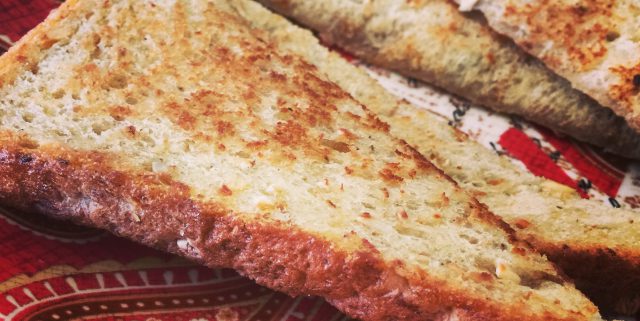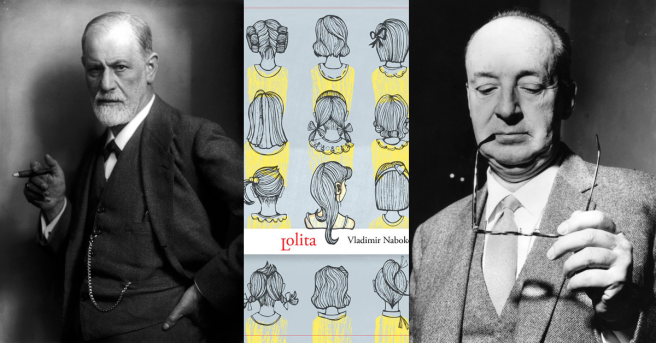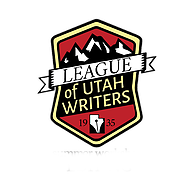
I spent all day yesterday fighting waves of intense nausea. I had no energy. I drank ginger ale and ate crackers. At one point, I started to feel a little better, so I joined the crew eating a late lunch and tried some tortilla chips with guacamole. It wasn’t the right thing to do. The nausea returned in full force. I’m such a dummy sometimes when it comes to taking care of myself. I took a 2 1/2 hour nap and woke up with that oh-no-this-puke-thing-is-happening-right-now feeling. I missed out on a friend’s birthday and was quiet and mopey on the couch the rest of the evening.
Today, my stomach doesn’t feel sick, but it is definitely still “off.” I have some energy back… enough to sit here thinking about rearranging the living room. Hunger is back, too, and I’m trying to take a lesson from yesterday’s mistake: Skip the green goo, Carolee. Normally, on weekends, I make breakfast sandwiches for anyone who’s around (or if I’m at my S.O.’s house, he does the heavy lifting), but I can’t imagine a slippery egg in my mouth doing me any good right now.
And so I make toast. But not just any toast. It’s the omg-do-you-know-what-would-taste-so-good-right-now-?! toast, also known in my family as “pan toast.” Medium hot skillet. Melted butter. Bread. It’s better than toaster toast because the bread stays moist on the inside. It melts in your mouth. Pan toast is not Pinterest-worthy. It’s not Instagrammable. But it’s everything you ever need: comfort.
My mom used to make it. I associate it most with memories of mornings in our family’s camper. We sit around the table — the kind that folds down into a bed — and eat tiny boxes of sugary cereal. (Camping was the only time we were allowed to have them. Did you know each box is its very own bowl?) Mom’s at the stove in the travel trailer, and we are all still very sleepy.
It’s a fact that any food you eat while camping (or enjoying the outdoors in any manner) tastes better than it otherwise would. Yelp wasn’t a thing back then, but I’m sure the situation and setting would’ve boosted the rating for pan toast. Now, of course, nostalgia does that.
I miss my mom. I haven’t always been able to say that or even feel it the way I think I should. Our relationship was extremely complicated. Despite the good moments, there were many times in my life I was incredibly hurt by its complexities. As I typed that sentence, I realize it should read, “Both she and I were incredibly hurt.”
It’s not what defines the legacy, but it’s something I sit with sometimes. And not in a bad way, not anymore. Lately, in fact — and quite surprisingly — it’s had quite a bit to teach me. I’m learning as I mother three teenage boys that loving isn’t what we think: some magical force field that shields us from causing each other pain. Loving is a series of small gestures.
I’m coming to this, in part, because my oldest son leaves for college in just over a month. There’s a part of my brain that’s racing. It’s trying to list all the things I need to teach him and warn him about before he goes. I expected that would be the case. What I didn’t anticipate was that the much larger instinct is to breathe… and trust that the chaos and comfort of this home has already given him what he needs. Here, sometimes, there’s a mama in the kitchen standing over a skillet asking him what he wants to eat.
I didn’t intend for this post to detour into how I’m readying myself for his departure. I thought I was writing about how pan toast as a way of being gentle with myself.
I just finished reading The Long Goodbye, a memoir by poet Meghan O’Rourke. It’s about the death of her mother and the months that followed it. She mentions recognizing some behaviors, like eating ice cream or cereal late at night, as a way of seeking comfort, of attempting to mother herself. So I guess that’s where I thought this post was going: I made pan toast today as a way of mothering myself. It sounds ridiculous. And in a way it is ridiculous to dedicate a blog post (after not writing here for a long while) to toast. It’s so ordinary.
But here’s the real surprise, and it just came to me: it’s the voice I’m after. The voice that suggested pan toast would make me feel better. The voice that told me to trust who my son already is because of what I’ve already shown him.
The last couple of days, when I’ve been in the car running errands, I’ve listened to Rachel Zucker interview Laynie Browne (episode 32 of Commonplace: Conversations with Poets and Other People). In part of the podcast, they discuss Laynie’s approach to some of her books: she writes them “for” older female poets. The work isn’t in conversation with them. The set-up isn’t a dedication or even an homage. She describes it as having an oracle to consult. I wonder if it enhances her intimacy with the images and language in those poems… to have someone else (metaphorically, of course) in the room as they’re being born. I imagine it helps shape the voice.
Still, the work is clearly Laynie’s voice. And the voice I hear about making toast and preparing my son for college is clearly my own, but perhaps I can develop — I suppose the more motherly word would be nurture — a deeper connection with it. What if I set an intention to consult this voice more often? What if I purposefully stepped into the room to listen? What if I sometimes imagined my mother there?
Meghan writes a good bit about wondering if her mother is still present. In one example, she goes for a run in a park where she’d spent time with her mother. She pauses to sit on the grass:
So I sat there, thinking of her and looking around. I had for a moment the distinct feeling that she had asked me to do this — that she had said, somehow: I can’t look at it; will you look for me? And as I sat, a robin hopped toward me. Its red breast was shiny, and it had bright, bold eyes. And I thought: OK, so, resurrection; I don’t know. But what in the world–in the universe–made this creature?… I wanted the sky to open up and reveal universal secrets to me. My whole life, I had been taught to read and study, to seek understanding in knowledge of history, or cultures. And here I was ready to learn! But: silence. A robin hopping closer. I watched it for some time, half wondering if in any way it could be my mother.
This is where I confess that in the eight years since my mother’s death I haven’t thought at all about where she is. I haven’t tried talking to her. And I haven’t thought at all about talking to myself through her. I have dedicated most of my mom-related thoughts to the following: fuck you, cancer, you fucking fuck. Look what you did. I have spent very little, if any, time wondering if there were anything more to say about it. I have primarily given energy to pushing it — and her — as far down as possible because I couldn’t imagine a way to be with it without incredible pain.
Until the last couple of months.
My son’s college plans came together, and he’s going really far away (halfway across the country). He went to his senior prom. He graduated from high school in a bright blue gown and mortar board he decorated with big, red letters: OU, where he’s headed. These last couple of months, my mother’s on my mind constantly. It must be the juxtaposition of events — transitions? goodbyes? parenting a pseudo-adult? moving on? growing up? I don’t know for sure, but it is stirring something up.
I’m a little afraid of it, but only because it feels raw and out of my control. Mostly, I’m curious about it, however, and that feels so foreign. But it also feels really good. And I’ve decided, just this morning — thank you pan toast, thank you robin, Rachel, oracle, Laynie, thank you nausea, Meghan, errands, sons and skillets — I am going to shape a voice for it.
I am going to explore the comfort it seems to be promising.
Loving is a series of small gestures.
Share this in your universe:





